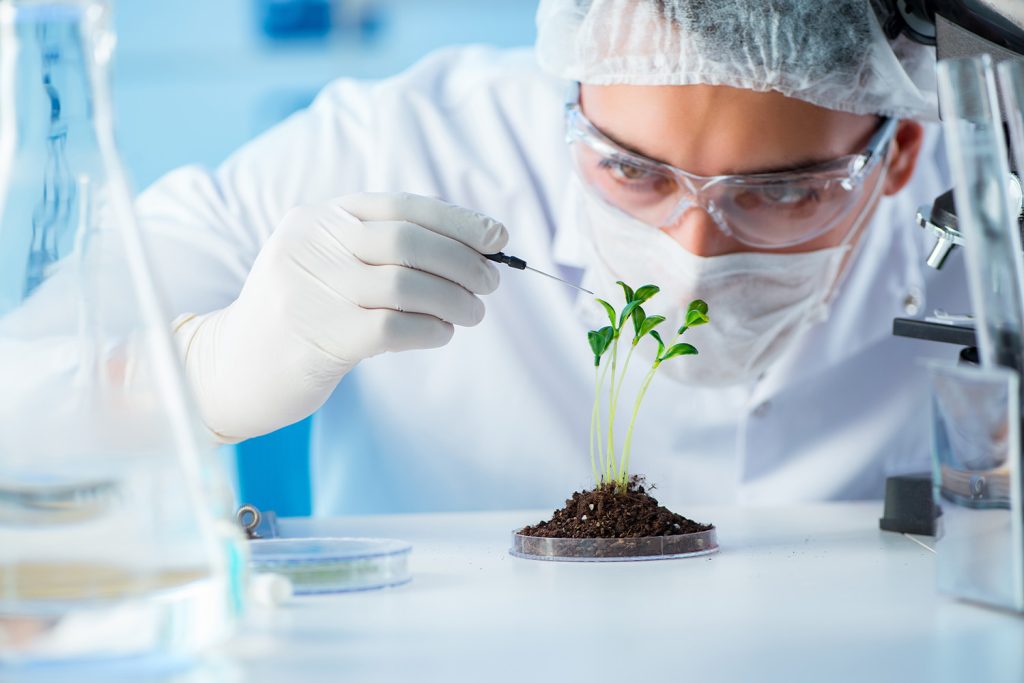The prior articles have set you up sincerely and illuminated you on practically every one of the fundamental and unquestionably extensive contemplations prior to building your own personal house. You almost realize the best worth as far as construction is involved. Anyway you are no talented, you ought to never be. You can hope to require the right purchasers to complete the usefulness. Every one of the subtleties you could have gotten up to now was simply intended to verify that you might not have any shocks. Exact same as it very well may be perilous to get into an airplane without having a way of life coat; it is self-destructive to get into the enterprise of house building with no basic information. Being a mechanical interaction, construction alongside the all-out coincidental schedules should be managed by appropriately prepared and furthermore veteran people.
You require the ideal for the best shutting results. By outright best on this site I truly do not exhort the absolute best valued accessible in the market since it is assumed by a larger number of people. It would not likewise imply that choosing the greatest general contractor license orlando consultancy organizations furnishes you with the most effective profit. Most would not accord the worry you want inside a gauge to get a building you could without a doubt lay out with. What you will ought to get are people who have a standing. Remember that you will be paying out them consequently you are equipped for value for your money. Further down are likely the fundamental individuals who you should work with to find the best out of your longing home.
Construction Consultancy – This could credit a fashioner to create and oversee your home, a volume level assessor to do a construction scope of costs and track your assets all the while, a specialist to guarantee your property will keep on being the trial of the power notwithstanding a construction head to deal with the entire strategy of construction. In spite of the fact that it very well may be not difficult to get every single one of these from assorted associations, it produces you bounty less in the occasion you get these expert administrations from one organization. This can either be a solitary individual to play out all of the runs or numerous expert building contractors inside a primary expert. Associations are habitually picked seriously via an offering methodology and thusly will by and large furnish you with an incredible arrangement. It very well might be in any case important to prequalify an assortment as per momentous capacity and history.





